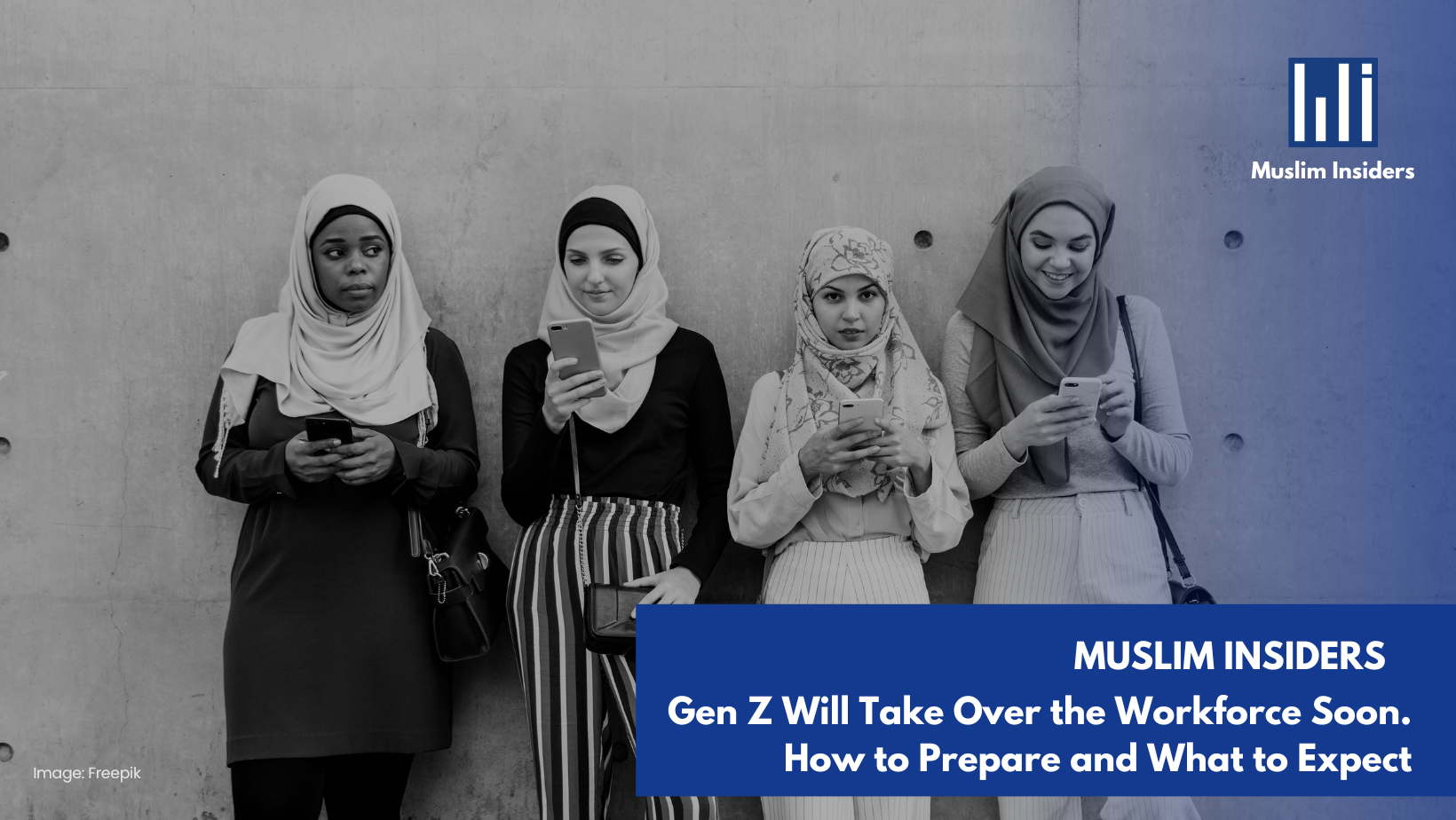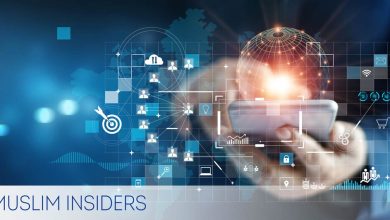
Generation Z, or Gen Z, includes people born between 1995 and 2010. They’re a huge group, making up almost one-third of the world’s population. By 2025, they’ll be about 27% of the workforce. Gen Z folks are super comfortable with technology, but they might find face-to-face communication and teamwork a bit tricky.
To help them do their best at work, companies need to understand them better and meet them where they’re at. This article breaks down what to expect as Gen Z starts taking over the workplace and shares tips for supporting and leading them effectively.
Understanding their work culture and what to expect
- Hardworking: Despite being stereotyped as lazy or unproductive, 32% of Gen Zs consider themselves the “hardest working” generation when provided with the right environment.
- Preference for In-Person Communication: Despite growing up in the digital age, many Gen Zs still prefer in-person communication and collaboration over digital means.
- Individual Work Approach: While they can work effectively in team environments, many Gen Z workers prefer to work on projects individually.
- Desire for Flexibility: Gen Zs highly value flexibility at work, and they are more likely to work harder for companies that offer flexible schedules.
- Emphasis on Professional Development: Gen Z employees feel that high school and college education didn’t fully prepare them for the workforce, so they value opportunities for ongoing professional development.
- Importance of Respect and Recognition: Gen Zs prioritize working in environments that value inclusivity, diversity, and respect at all times. They appreciate being recognized for their contributions.
How do you work well with Gen Z?
To work effectively with Generation Z (Gen Z) in the workforce, it’s crucial to understand their unique needs and expectations. As this generation increasingly joins the workforce and becomes future leaders, they will play a significant role in shaping our economy. Here are some strategies to consider:
Lead by Example
Gen Zs respond well to leaders who embody the company’s values and vision and provide constructive feedback rather than simply giving orders. Instead of micromanaging, provide a brief meeting, address the challenges they face and suggest strategies to overcome them. A leader who knows how to manage them prioritizes transparency, collaboration, and resilience. They actively seek input from team members, provide constructive feedback, and encourage open communication. As a result of the leader’s authenticity approach, the team feels more empowered and motivated to work towards their goals.
Offer flexibility
72% of Gen Z will be more likely to leave a job if their employer doesn’t have a flexible work policy, according to a LinkedIn survey. These individuals have grown up in a digital era and have different needs and expectations compared to previous generations. They value flexibility, remote work options, and inclusive work cultures that empower them to work freely and trust them to be accountable.
Be tech-savvy like them
Technology plays a crucial role in creating a Gen Z-friendly work environment. They expect a superior digital workspace and consider technology when evaluating potential job opportunities. Businesses that fail to adapt and digitally transform may struggle to attract and retain them.
Have an amazing work-culture
However, they also value more than just technology. They prioritize inclusive work cultures, flexible work arrangements, and opportunities for learning and career progression. Employers need to offer continuous learning opportunities, mentorship, and skills development programs to support Gen Z’s ambitions and help them stay relevant in a rapidly evolving workforce.
Be more open in communication
Open communication is essential. These individuals are ambitious and eager to acquire new digital skills to overcome societal challenges. Employers should adopt a flexible, trusting approach to attract and retain top Gen Z talent and work collaboratively with them to shape their careers and harness their potential. Regular feedback sessions can help motivate them and improve their performance.
Understand Their Needs
Understanding the needs of Generation Z in the workplace requires a combination of observation, communication, and flexibility. Take the time to understand their specific needs and preferences to enhance their well-being and job satisfaction.
Encourage Training and Development
Their eagerness to learn presents an opportunity for employers to invest in training and development programs. Review existing training initiatives and make improvements to better meet their needs.
Ultimately, the future of the workforce is a partnership between Gen Z individuals, private sector companies, and the public sector. By understanding and meeting the needs of Gen Z, employers can ensure the success and sustainability of their organizations in the years to come.




